
Working with patients in new contexts can provide meaning for oncology PAs, potentially reducing burnout, according to Eric Tetzlaff, MHS, PA-C, DFAAPA.

Working with patients in new contexts can provide meaning for oncology PAs, potentially reducing burnout, according to Eric Tetzlaff, MHS, PA-C, DFAAPA.
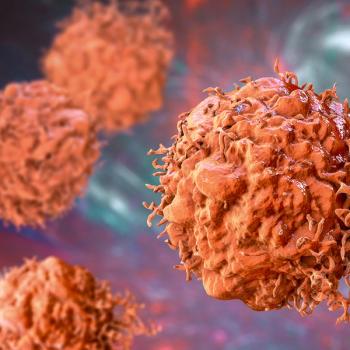
Biocartis announced the launch of its real-time quantitative polymerase chain reaction assay to detect POLE and POLD1 mutations in endometrial cancer.

Katherine Cohen, MSN, FNP-C, provided insights on what to consider when treating patients with HR+, HER2- breast cancer in the second line of treatment.
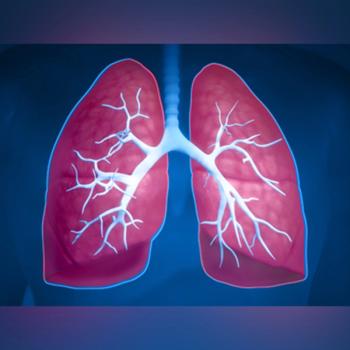
The combination of amivantamab and Lazertinib improved long-term survival over osimertinib in patients with EGFR-mutated non-small cell lung cancer.

Documentation is especially important for nurse practitioners in cancer research and can lead to improved patient recruitment, says an expert.

Per phase 2 trial data, enhanced dermatologic management showed a reduction in dermatologic AEs in patients with advanced EGFR-mutated NSCLC.
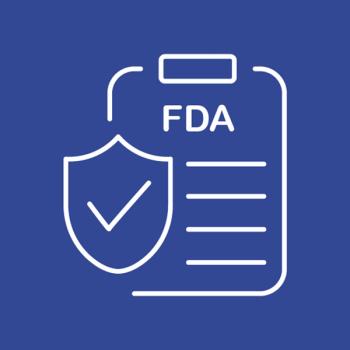
The FDA approved treatments in various gastrointestinal and genitourinary cancers in March.

Rates of pay, bonus pay, and changes to funding for continuing education were not significantly linked with burnout rates.
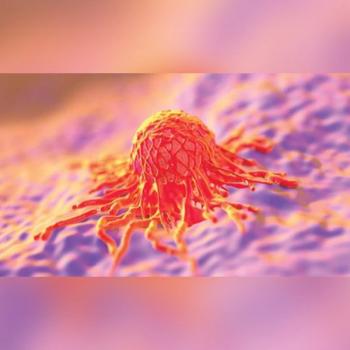
Relacorilant in combination with nab-paclitaxel yielded higher PFS and OS in patients with platinum-resistant ovarian cancer vs nab-paclitaxel alone.
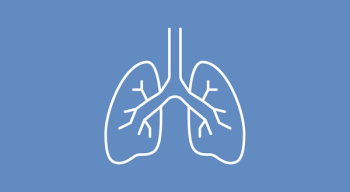
Osimertinib monotherapy and combination treatment had safety profiles consistent with previous data on use of the drug in EGFR-mutated NSCLC.
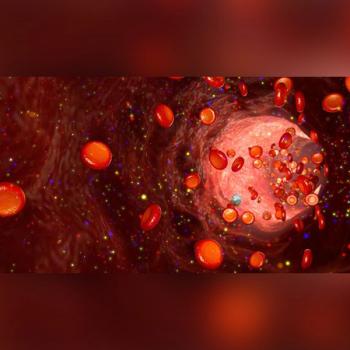
Elotuzumab plus pomalidomide, bortezomib, and dexamethasone showed tolerability in patients with relapsed or refractory multiple myeloma.

The complete response letter, issued by the FDA, does not identify what deficiencies regulators found in camrelizumab/rivoceranib for advanced HCC.

The FDA has approved neoadjuvant durvalumab plus chemotherapy followed by adjuvant durvalumab after radical cystectomy in MIBC.
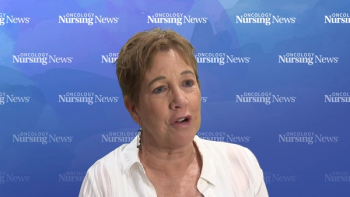
Debriefing after patient loss, supporting patients at the end of life, and finding outlets outside of work can help oncology nurses avoid burnout.

Indications for 177Lu-PSMA-617 now include taxane-based chemotherapy naive adults with PSMA+ mCRPC.

Seth Eisenberg, ASN, RN, OCN, BMTCN discussed the results of a real-world trial of Splashblocker, a toilet seat cover designed to mitigate exposure to toxins.

Oncology nurses play a key role in advocating for metastasis-directed therapy in prostate cancer.
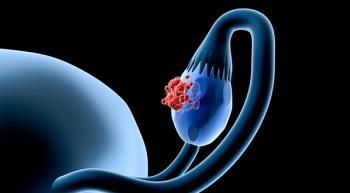
Evaluation of nemvaleukin for platinum-resistant ovarian cancer will be terminated based on OS data from an interim analysis of the phase 3 ARTISTRY-7 trial.

The safety and efficacy of dostarlimab plus chemotherapy in patients with advanced endometrial cancer were confirmed by results of a real-world study.

The FDA approved cabozantinib for use in patients with previously treated unresectable, locally advanced or metastatic, well-differentiated epNETs or pNETs.
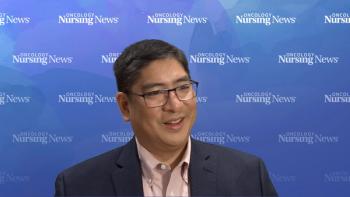
The presence of biomarkers, even in small amounts, can shape the course of treatment for a patient, says Andy Guinigundo, MSN, RN, CNP, ANP-BC.


Jessie Desir, PhD, RN, AMB-BC, OCN, explained that comprehensive disease and treatment education are essential to adherence for patients with breast cancer.

Maintenance treatment with OSE2101 plus FOLFIRI following induction chemotherapy with FOLFIRINOX yielded promising results in patients with advanced/metastatic PDAC.
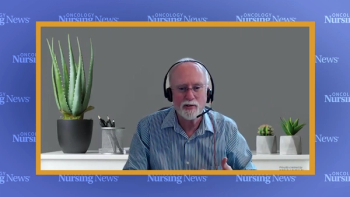
Seth Eisenberg, ASN, RN, OCN, BMTCN, explained his research on a toilet cover for oncology nurses to potentially reduce exposure to infectious pathogens and hazardous drugs.

Breast cancer survivors treated with endocrine therapy alone reported better long-term physical health outcomes compared with those who received chemotherapy.

Neoadjuvant and adjuvant durvalumab plus FLOT followed by durvalumab monotherapy improved EFS for patients with resectable gastric or GEJ cancer.

TLX007-CDx was approved by the FDA for PSMA-PET scanning in adult male patients with prostate cancer with suspected metastasis or suspected recurrence.
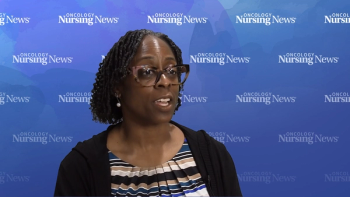
Oncology nurses and APPs provide support and can help to facilitate conversations with patients and families during end-of-life care.

Updated MAIA trial results reinforce the frontline benefit of daratumumab plus lenalidomide/dexamethasone in transplant-ineligible NDMM.